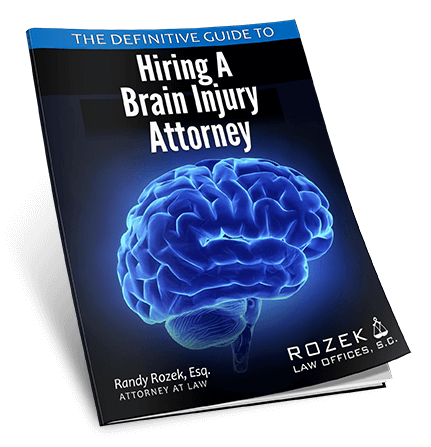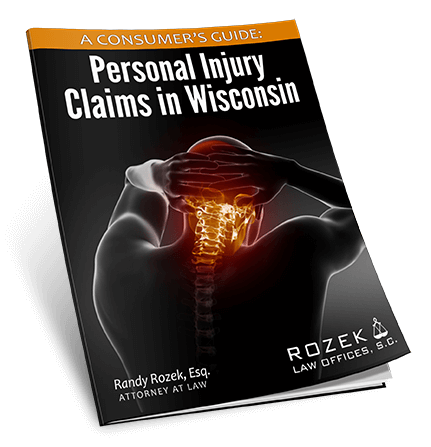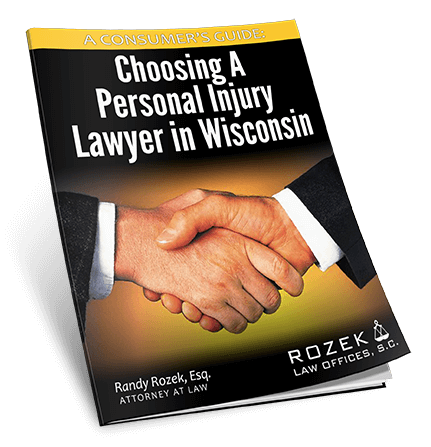TBI and hearing loss
Traumatic brain injury (TBI) can cause a slew of symptoms. Many people suffer from headaches, amnesia, the inability to speak, behavioral symptoms, cognitive issues such as mental confusion or difficulty concentrating. But another symptom that’s not always talked about that can accompany TBI is hearing loss.
Sometimes hearing loss following a TBI is due to damage to the ear during a fall or crash, but sometimes it’s due to damage in the part of the brain that processes sound.
“In addition, loud noises that might just be irritating to people without a brain injury can cause problems such as headaches and fatigue for those with a TBI,” according to an article by Health.mil , the official website of the Military Health System and the Defense Health Agency.
“Research continues to fully understand the mechanisms associated with hearing loss and auditory and vestibular (important part of the ear for balance) system injuries in individuals with TBI, said Katie Stout, director of clinical affairs for Defense and Veterans Brain Injury Center. In the meantime, there are specialty treatments and rehabilitation strategies available for hearing and balance challenges in individuals with TBI,” the article reads.
Experts from the Defense Department Hearing Center of Excellence (HCE) say that a key factor in managing hearing problems following a TBI include becoming aware of how surroundings can affect hearing.
“Any sound above 85 decibels has the potential to damage the auditory system. However, the amount of damage is dependent on the loudness and duration of the sound,” Dr. Lynn Henselman, HCE interim director and audiologist says in the article. “By way of comparison, a kitchen blender is about 88 decibels. Because service members in particular are often exposed to high noise levels, hearing protection is crucial, especially with a TBI, said Dr. Jeremy Nelson, HCE science advisor and neuroscientist.”
Nelson says that TBI patients are unique though, because they suffer from other issues related to their trauma, so those issues must be considered when protecting them from sounds. In general, Nelson says that standard hearing protection may help some TBI patients with their symptoms.
“A person should only be exposed to an average of 85 decibels of sounds over the course of an eight-hour day,” Lt. Col. Andy Merkley, Army audiology liaison to HCE says in the article.
To give people an idea of different decibel measures of common sounds:
- 60 decibels: conversation, dishwasher or clothes dryer
- 70 decibels: busy traffic, vacuum cleaner, alarm clock
- 80 decibels: garbage disposal, dishwasher
“Every time the noise level increases by three decibels, the length of safe listening time is cut in half, Merkley said. An 88-decibel sound should only be listened to for four hours; a 91-decibel sound, for two hours.”

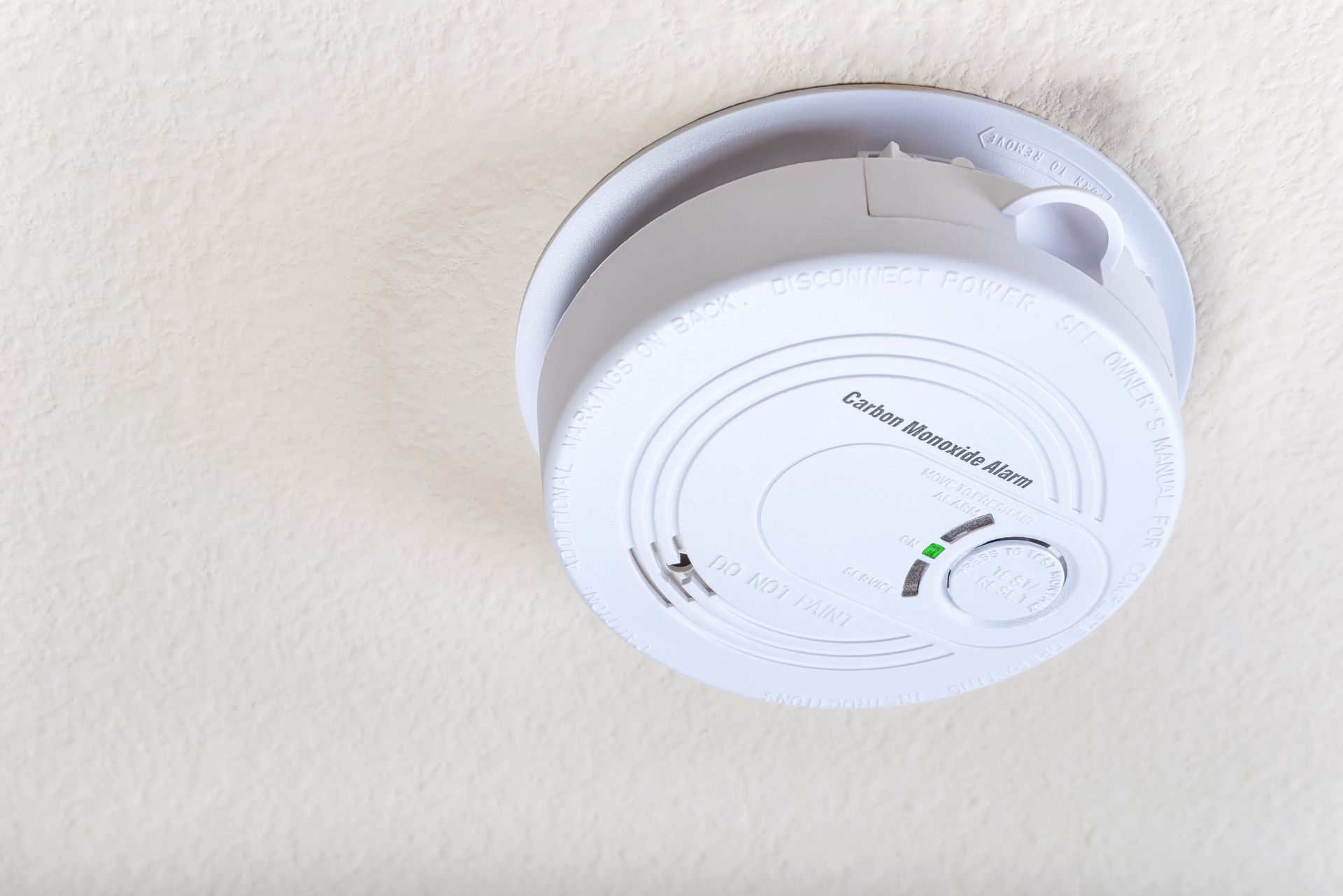
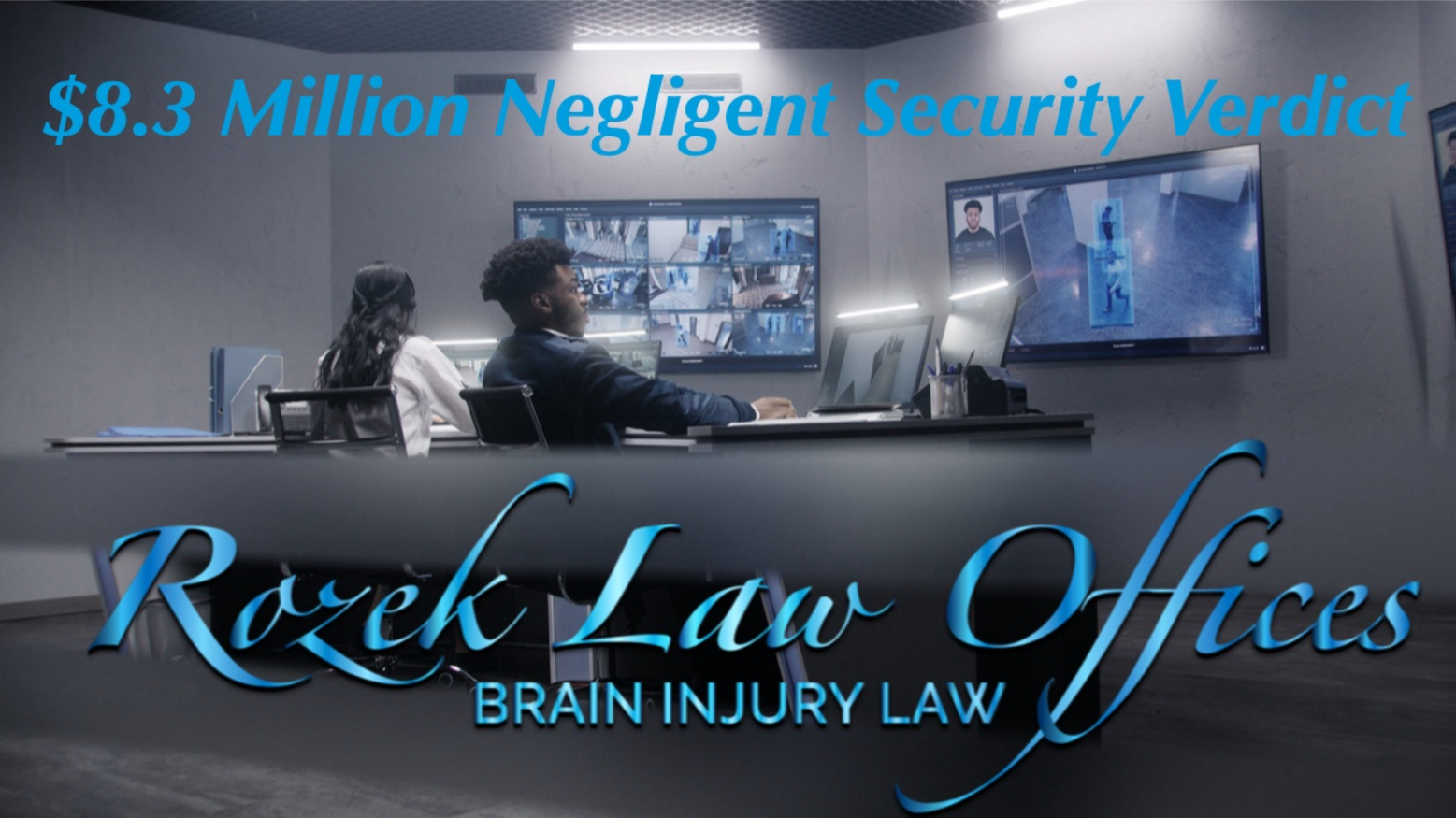
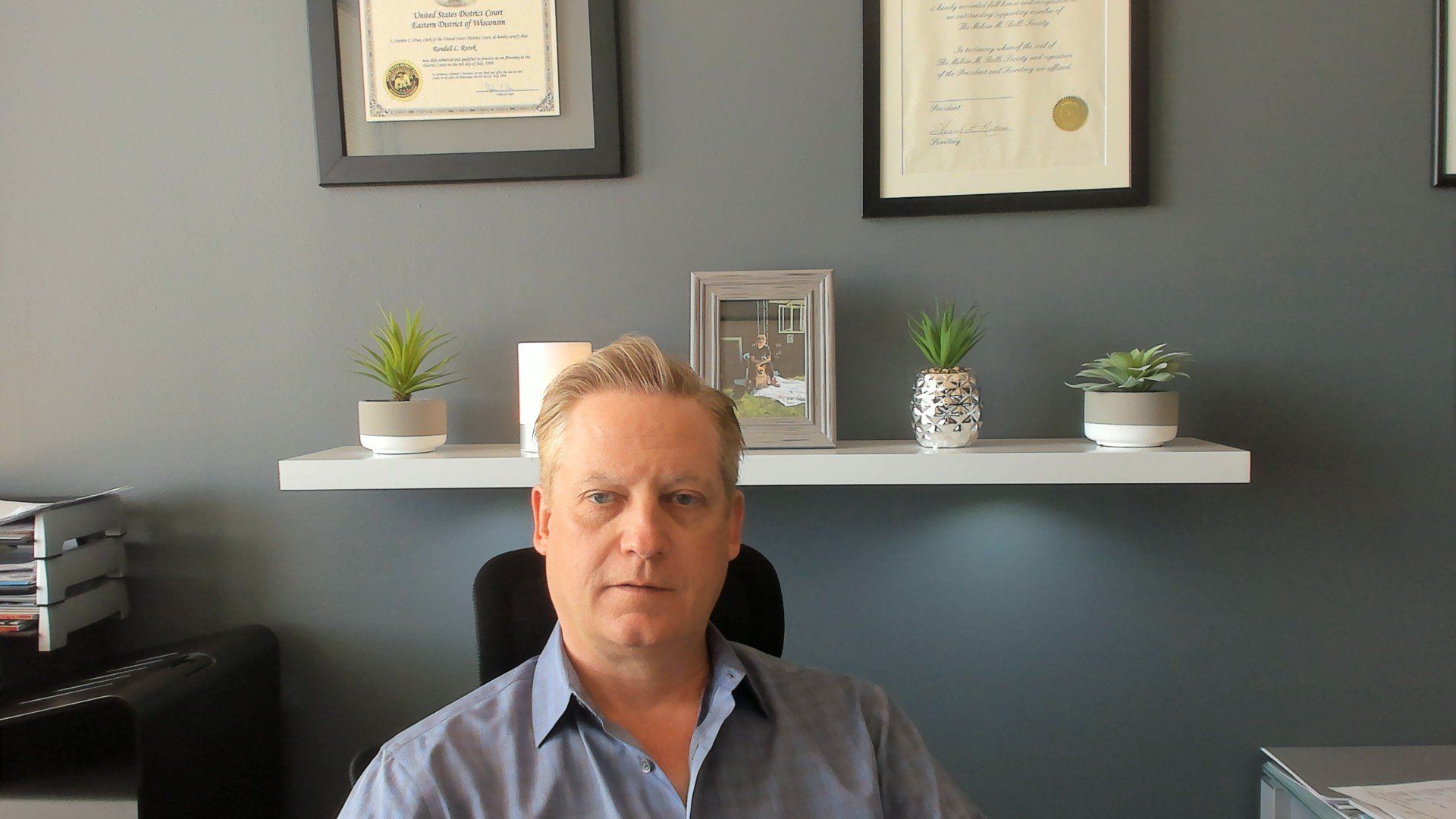


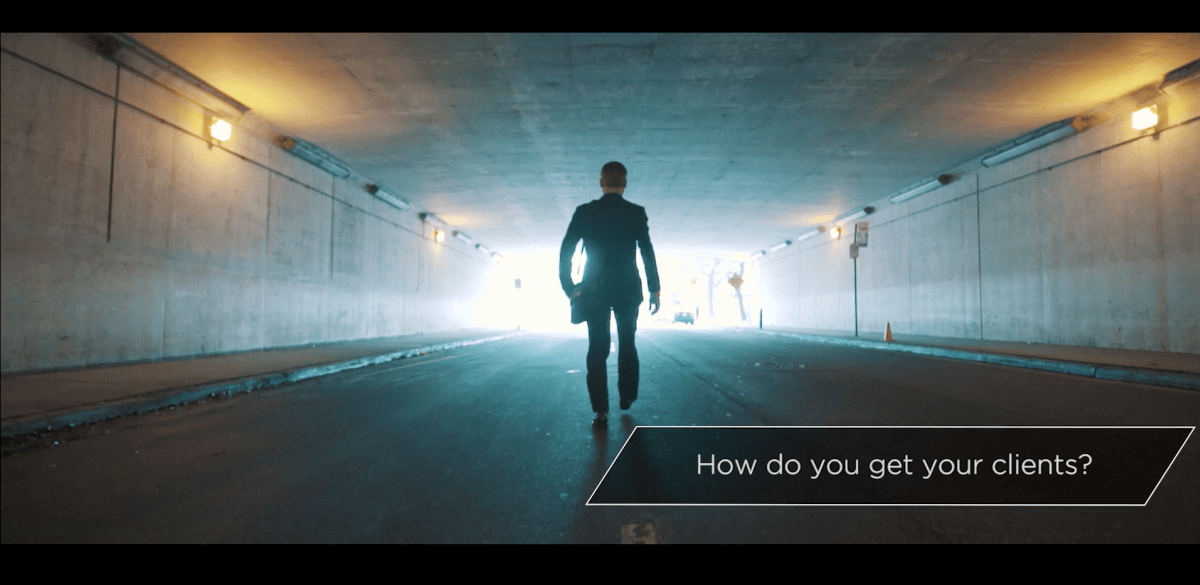

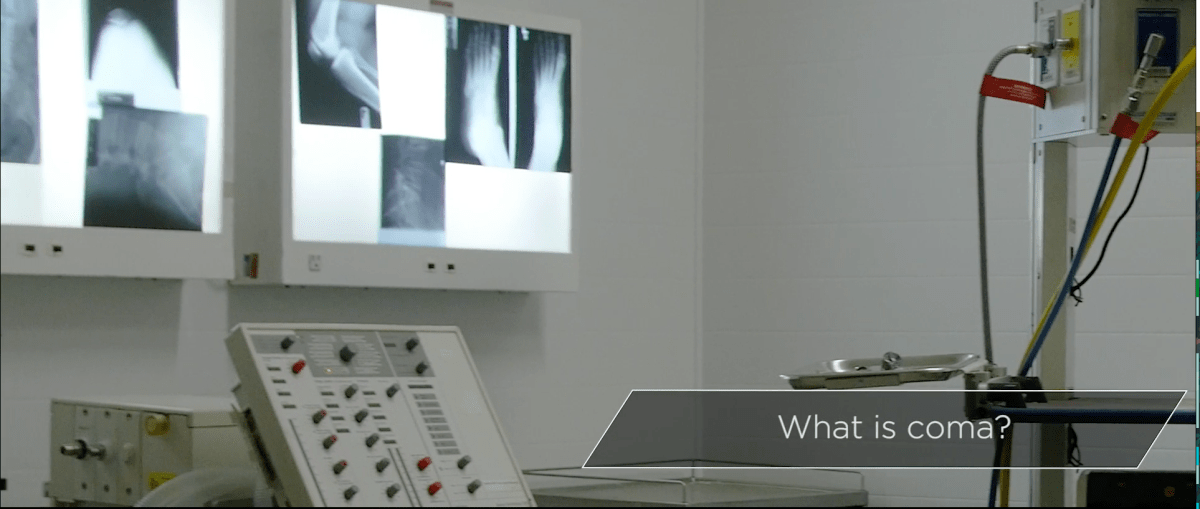

Request Your Free eBook
Our office has provided information regarding the different types of Wisconsin Personal Injury Accidents that we have experience handling.
Wisconsin Accidents
Wisconsin Personal Injuries
Ready to get started?
Call us at 414-374-4444
Main Office Location
Rozek Law Offices, SC
3970 N Oakland Ave Ste 604
Milwaukee, Wisconsin 53211
Additional Client Meeting Location
Rozek Law Offices - Madison
2810 Crossroads Dr Ste 4046
Madison, Wisconsin 53718
Recent Blog Posts






